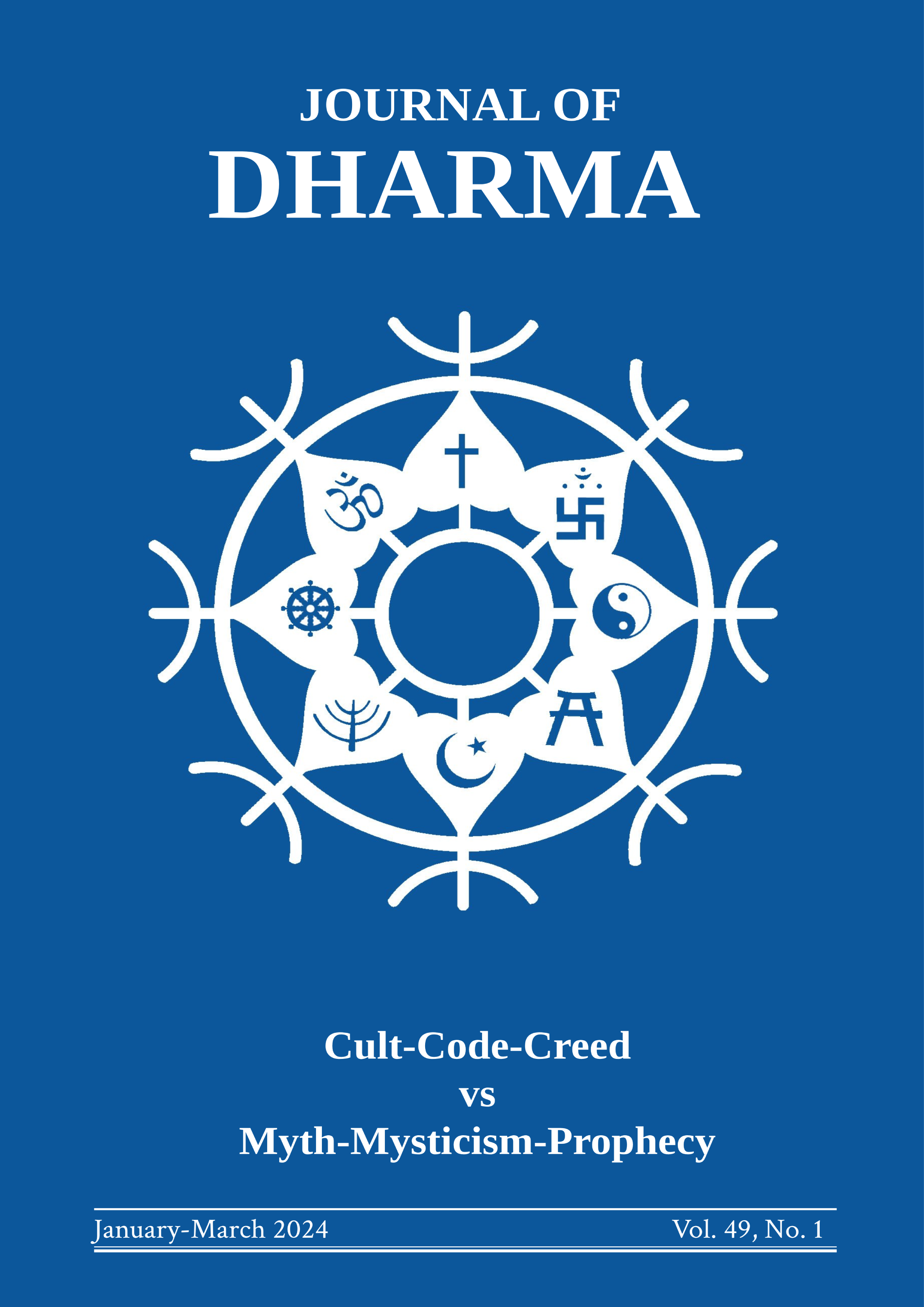RELIGION AND THE SENSE OF ETHICS IN ANCIENT JAPAN: ANALYSIS OF THE BUDDHIST WORLDVIEW BASED ON THE TALE OF GENJI
Keywords:
Religion; Buddhism; Shintō; The Tale of Genji; Heian Era; sin; ancient Japan, ethics.Abstract
This paper explores expressions found in the novel The Tale of Genji to analyse the lives of people during the Heian period. It has such strong Buddhist undertones that it is considered impossible to have been written without Buddhist thought. In examining how the work portrays Buddhism, the characters faced with death uniformly want to become monks/nuns, but although they do, not a single one attains paradise. On the contrary, many characters are tormented in the afterlife despite having become monks/nuns after long periods of suffering. As it reveals a paradox in which there is a deep-rooted belief in Buddhism with humans who are anxious and do not fully believe in salvation through faith, the novel offers a realistic critique of Buddhism by ancient humans who came to experience the latter days of Buddhism.
Published
How to Cite
Issue
Section
License
Copyright (c) 2024 Journal of Dharma

This work is licensed under a Creative Commons Attribution-ShareAlike 4.0 International License.

